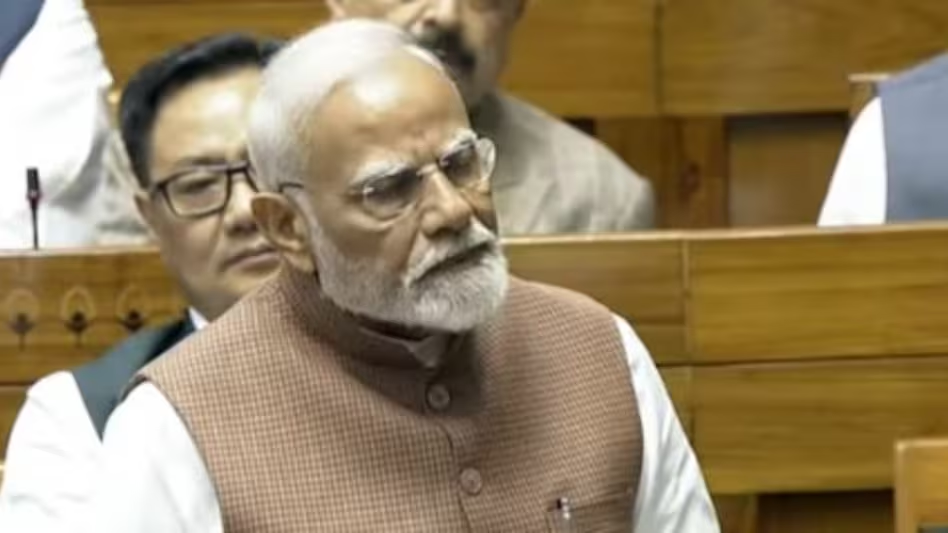
New Delhi: Prime Minister Narendra Modi hailed the passage of the Waqf (Amendment) Bill of 2025 on Friday as a landmark achievement, spotlighting its role in uplifting marginalized groups previously denied a voice and opportunities. In an X post, Modi emphasized that the approval of both the Waqf (Amendment) Bill and the Mussalman Wakf (Repeal) Bill by Parliament marks a crucial step toward socio-economic justice, transparency, and inclusive progress. He stressed that these laws would particularly aid communities long pushed to society’s edges.
Modi praised the collaborative efforts behind the legislation, thanking MPs for their input during parliamentary and committee discussions that refined the bills. He also acknowledged the public’s valuable contributions to the parliamentary committee, reinforcing the importance of robust debate in the legislative process.
The Prime Minister underscored that the updated Waqf bill addresses longstanding issues of opacity and mismanagement in the Waqf system, which he said had disproportionately harmed Muslim women, impoverished Muslims, and Pasmanda Muslims. The new legislation, he added, promises greater transparency and stronger protections for citizens’ rights. Modi reiterated the government’s commitment to ensuring every citizen’s dignity, framing the bills as part of a broader vision for a modern, inclusive India.
However, the bill sparked sharp criticism from opposition leaders. Rajya Sabha opposition leader and Congress chief Mallikarjun Kharge slammed the government’s approach, accusing it of taking a “negative stand” despite opposition input. Speaking to reporters, Kharge said the government dismissed their concerns and pressed forward with its agenda. Congress MP Ranjeet Ranjan echoed this sentiment, calling the bill’s passage “unfortunate” and arguing it undermines national and constitutional interests. She suggested the amendments target a specific community rather than offering support, labeling the legislation flawed.
After hours of heated debate, Parliament passed the Waqf Amendment Bill 2025 early Friday. Rajya Sabha Chairman Jagdeep Dhankhar reported a vote of 128 in favor and 95 against, with no absences, as the session stretched past midnight. The Lok Sabha had similarly approved the bill late Wednesday following extensive discussions.
Union Minority Affairs Minister Kiren Rijiju defended the legislation, accusing opposition parties of misleading the public. He insisted the bill would benefit millions in the Muslim community and revealed it would be renamed the UMEED (Unified Waqf Management Empowerment Efficiency and Development) Bill. Rijiju noted that the revised version incorporates numerous suggestions from the Joint Parliamentary Committee, which reviewed the initial draft introduced in August last year.
The legislation aims to overhaul the 1995 Waqf Act, enhancing the management and oversight of waqf properties nationwide. It seeks to address inefficiencies in Waqf boards, streamline registration processes, and leverage technology to improve record-keeping.




